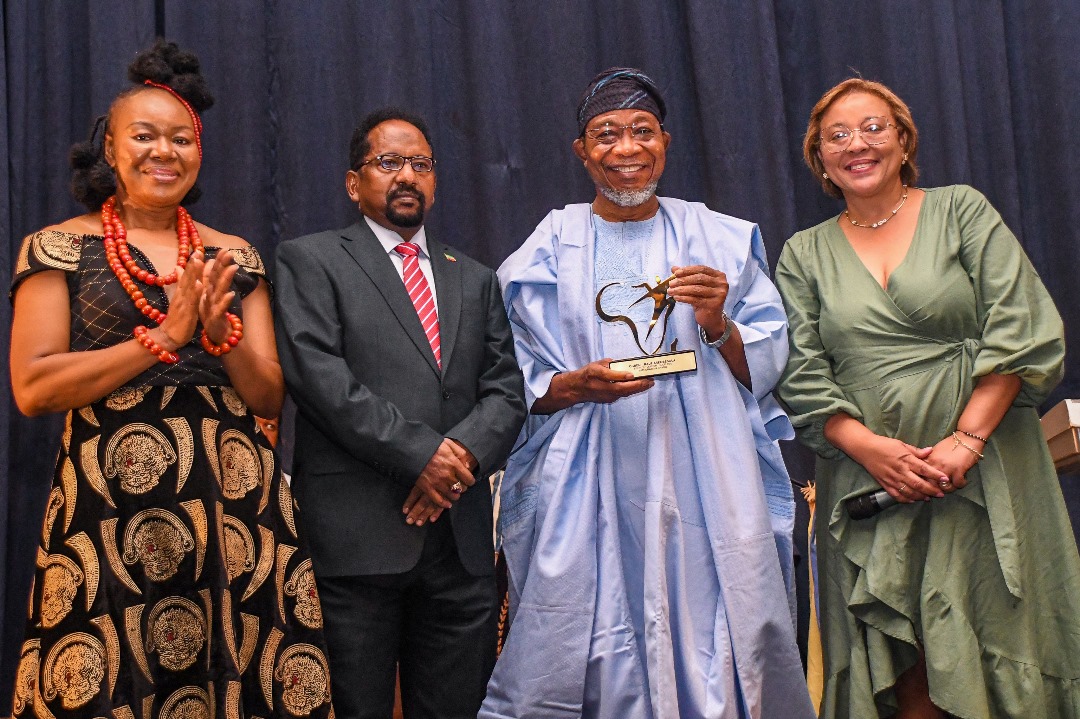TETFund Laments Role Of Politicians In Tertiary Institution Recruitments


The Tertiary Education Trust Fund (TETFund) Executive Secretary, Sonny Echono, has lamented the vital role played by politicians in the recruitment of staff within Nigeria’s tertiary institutions.
The contentious issue emerged during an interactive program involving the Academic Staff Union of Universities (ASUU) and the Senior Staff Association of Nigerian Universities (SSANU) in the capital city, Abuja.
TETFund’s Echono voiced his concerns regarding the politicisation of staff recruitment in higher education institutions.
He underscored the need to address this critical matter for the betterment of the education system.
This revelation coincided with ASUU’s declaration that TETFund’s intervention was pivotal in preventing Nigerian higher institutions from descending into mere glorified secondary schools.
ASUU President, Emmanuel Osodeke noted that without TETFund’s intervention, the educational landscape could have taken a detrimental turn.
The interactive session also saw SSANU President, Ibrahim Mohammed, raising a concern over the alleged marginalization of non-academic staff in TETFund’s intervention.
Mohammed further criticized the arduous and bureaucratic process of recruiting staff within universities.
According to him, “vice chancellors were required to navigate a labyrinthine approval process involving the Head of Service of the Federation, various ministries, and the budget office.”
As a solution, Mohammed called for the streamlining and simplification of these bureaucratic bottlenecks. He also appealed to TETFund to extend its interventions to non-academic staff, recognizing their critical role within the education sector.
Echono, in response, emphasized the need to restore discipline within the system, including the recruitment process. He pointed out that more than 70% of these recruitments were initiated due to politicians’ requests.
This, he argued, resulted in the hiring of personnel with little or no contribution to academic growth, merely adding names to the payroll.
President of ASUU, Osodeke, took the opportunity to challenge the perception that ASUU strikes were impeding the growth of universities. Instead, he contended that these strikes had been effective in drawing the government’s attention to the development of education in Nigeria.
He cited TETFund itself as a product of such union-led actions.
However, the ASUU president adamantly opposed any move by TETFund to include private universities as beneficiaries of the agency’s projects.
He expressed concerns that such a decision might lead to a proliferation of private universities without a commensurate commitment to quality, thereby undermining the integrity of higher education in Nigeria.


Yusuf Oketola is a trained journalist with over five years of experience in the media industry. He has worked for both print and online medium. He is a thorough-bred professional with an eye of hindsight on issues bothering on social justice, purposeful leadership, and a society where the leaders charge and work for the prosperity of the people.










